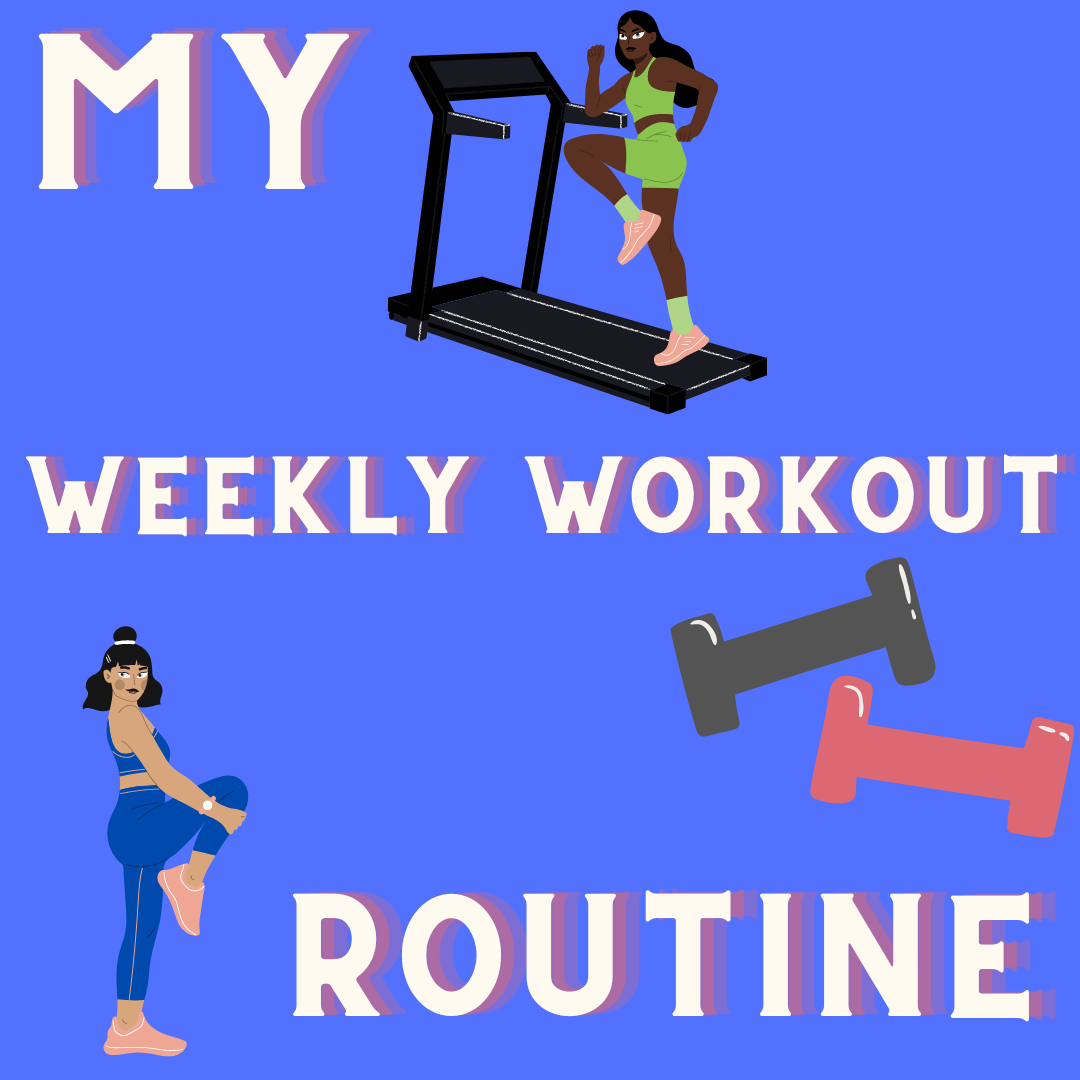LAIKA Review: A Tribute to a Very, Very Good Dog
“...and for laika – i’m sorry you had to die alone in space.”
LAIKA is a poetry book written by Max Robinson and illustrated by Louis Lorentz. It follows the life of a stray dog turned science experiment, based on the true events of the first animal to orbit Earth.
I don’t think I need to tell you that the dog dies in the end. Truthfully, Laika was never expected to survive. If it wasn’t her, then it would’ve been another dog, maybe even with the same name.
Already knowing the story of Laika, I knew it wasn’t going to have a happy ending. That didn’t make reading it through any easier. I’m pretty positive that on every other page, I shed a tear—usually more than one.
Robinson’s care and research into animal welfare is apparent with the background information given at the end of the book and the realistic, heartbreaking look into the history of animal space testing.
The writing is gorgeous. I’ll be thinking about certain lines for a long time. I don’t think it would have had the same effect written in any other format. The voice reads exactly how I’d imagine the inner workings of a dog’s mind. The food motivation, the longing for companionship and the unconditional love all remind me of my own dog, which makes Laika’s fate even harder to swallow.
“but he’s holding me
that’s much better
than being very free”
LAIKA’s somber mood is consistent from start to finish, and I had to take a few breaks (some to hug my own dog) before finishing it simply because it was so bleak. That’s the beauty of it, though and it wouldn’t be right to pretend these sorts of things didn’t happen. In fact, they still do, not necessarily with space, but animal testing is still legal in the United States. Laika was fortunate enough to get a name and a story; some animals weren’t that lucky.
“I hope when I fall back down like snow they all say what a good dog.”
Unfortunately, LAIKA was released with limited stock and I bought the last copy. However, I am happy to say that Robinson has published other books with a focus on lesbian history, activism and liberation. A feminist reading of LAIKA shows the authors’ take on the commodity and trauma of women.
“I told her I was sorry
that sounded very scary
but I still can’t believe that
bad things will happen to me
when I tell her that
she asks me
then why did bad things happen to me?”
LAIKA did more than make me sad. It gave humanity to a dog that wasn’t afforded any. It made me mourn for a dog that I had never met. It’s a book that I’ll hold near and dear to my heart. Four out of four paws.






